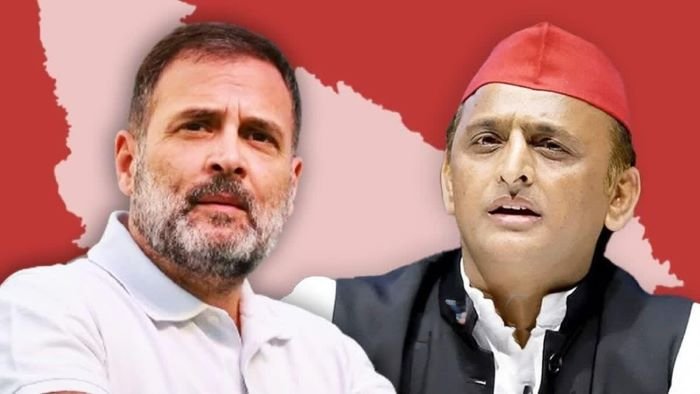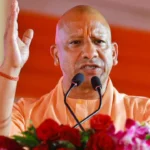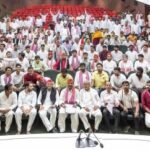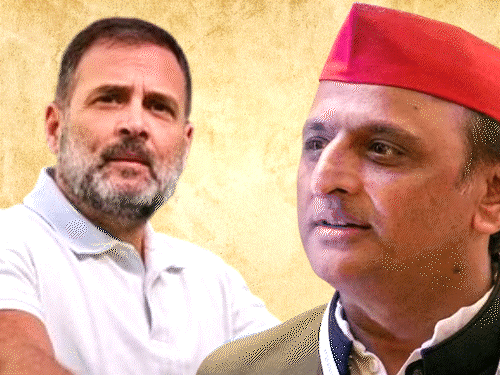
By Mohammad Tarique Saleem
As the political winds begin to stir ahead of the 2027 Uttar Pradesh Assembly elections, the Congress Party has quietly begun crafting a strategy aimed at reclaiming the Muslim and Dalit vote banks, segments that had once formed the backbone of its electoral strength. According to party insiders, Congress hopes to bridge its decades-long disconnect with these communities and recalibrate the political equation that was disrupted following the Babri Masjid demolition in the early 1990s. However, while this outreach may appear logical from a strategic standpoint, it faces formidable resistance, particularly from the deeply entrenched trust that the Muslim community continues to place in the Samajwadi Party (SP).
The bond between the SP and the Muslim electorate is not merely transactional or based on short-term benefits. It is built on decades of solidarity, mutual respect, and a shared opposition to communal politics. From the era of Mulayam Singh Yadav to the more contemporary leadership of Akhilesh Yadav, the SP has consistently positioned itself as a shield against the politics of exclusion. In a political environment where majoritarian rhetoric often dominates, Muslims have found in the SP a voice that resonates with their concerns, whether about security, representation, or the safeguarding of constitutional rights.
In contrast, the Congress Party’s record remains mixed in the eyes of these communities. Despite its historic role in pre-Mandal politics, its recent silences during communal flashpoints, combined with its limited grassroots presence, have created a credibility gap that is difficult to overlook. Even the prospect of an alliance with the Bahujan Samaj Party (BSP) to unite Dalit and Muslim votes is seen by many as a short-term ploy rather than a long-term vision. The BSP’s own history of shifting political stances and the Congress’s episodic engagement with Muslim issues add to the skepticism.
Meanwhile, the Samajwadi Party continues to reinforce its bond with Muslim voters. Akhilesh Yadav’s leadership has been marked by active engagement with issues that matter—from raising voices during the Muzaffarnagar and Kasganj riots to advocating for equitable development and minority rights. The party’s consistent fielding of Muslim candidates, appointment of community leaders in key roles, and vocal opposition to BJP’s Hindutva narrative have further solidified this trust.
Today’s Muslim youth in Uttar Pradesh are not passive voters. They are aware, digitally connected, and politically sharp. Symbolic gestures and last-minute alliances no longer sway them. They are watching which party delivers consistently and sincerely. In this light, Congress’s behind-the-scenes maneuvering risks being seen not as genuine engagement but as a calculated move to stay electorally relevant.
Amid this speculation, Samajwadi Party president Akhilesh Yadav has reaffirmed the party’s alliance with Congress under the I.N.D.I.A. bloc. “Our alliance with the Congress in UP is intact. Those who want to leave the alliance can go,” he said, quelling doubts of a rift. The SP-Congress combine had performed strongly in the 2024 Lok Sabha polls, securing 43 of 80 seats. As the countdown to 2027 begins, one thing is clear: trust cannot be built overnight. For now, the Muslim community’s faith remains firmly rooted in the Samajwadi Party, earned not through words, but through unwavering support when it mattered most.










